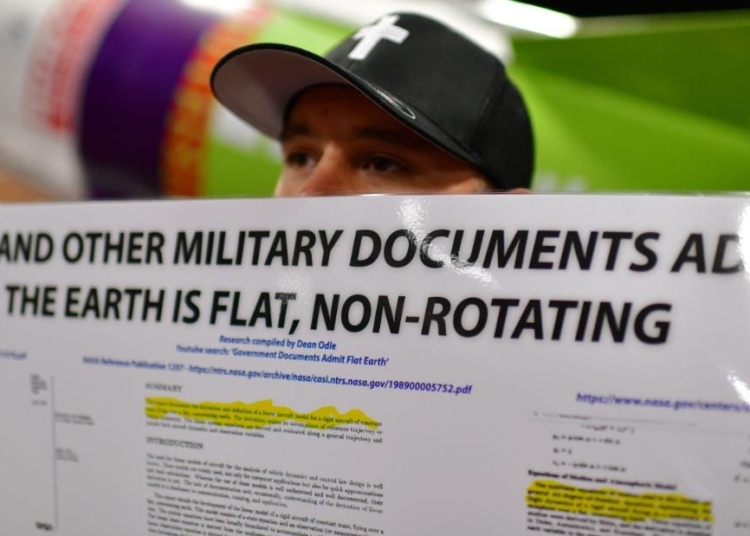Military simulations play a crucial role in the training and strategy development of military personnel. These simulations, whether computer-based or live exercises, allow for the testing and refinement of military tactics and strategies. To excel in this field, individuals must possess a strategic mindset that goes beyond tactical expertise. This includes a deep understanding of military history, geopolitics, and technology. Additionally, adaptability, critical thinking, and collaboration and communication skills are essential for success in military simulations. By honing this strategic mindset, individuals can contribute to the ongoing evolution of military strategy and tactics, ensuring preparedness for a variety of realistic scenarios.
The Strategic Mindset: Unraveling the Complexities of Military Simulations
Introduction
Military simulations have been a crucial aspect of military training and strategy development for decades. These simulations allow military personnel to practice and refine their tactics, and they are also used to model potential scenarios and plan for various contingencies. The strategic mindset required for military simulations is complex and multifaceted, involving a deep understanding of military tactics, geopolitics, and technology. In this article, we will delve into the intricacies of military simulations and explore the strategic mindset required to excel in this field.
Understanding Military Simulations
Military simulations are often conducted using sophisticated computer programs that model various aspects of warfare, such as battlefield dynamics, troop movements, and weapon capabilities. These simulations can range from small-scale tactical exercises to large-scale strategic war games. They are designed to test and refine military strategies, tactics, and operational procedures.
In addition to computer-based simulations, there are also live military exercises that involve real troops, equipment, and terrain. These exercises aim to provide a realistic training environment for military personnel and allow them to apply their skills and tactics in a real-world setting.
The Strategic Mindset
To excel in military simulations, individuals must possess a strategic mindset that goes beyond mere tactical expertise. This mindset involves a deep understanding of military history, geopolitics, and the principles of war.
Geopolitical Awareness
Military simulations often involve scenarios that are based on real-world geopolitical situations. Therefore, a thorough understanding of global politics, regional conflicts, and international relations is crucial for effective strategic planning. This includes an awareness of the political motivations of different nations and the potential alliances and conflicts that may arise in various scenarios.
Military History and Theory
A strong knowledge of military history and theory is essential for developing effective strategies and tactics in military simulations. Understanding the successes and failures of past military campaigns, as well as the principles of warfare outlined in classic texts such as Sun Tzu’s “The Art of War” and Clausewitz’s “On War,” can provide valuable insights into strategic decision-making.
Technological Expertise
Advancements in technology have significantly impacted modern warfare, and military simulations often incorporate cutting-edge military equipment and capabilities. Therefore, a comprehensive understanding of military technology is essential for effectively leveraging the latest weapons, communication systems, and other critical assets in simulations.
Adaptability and Critical Thinking
Military simulations are dynamic and unpredictable, requiring participants to think quickly and adapt to rapidly changing scenarios. The strategic mindset required for military simulations involves the ability to think critically, analyze complex situations, and make sound decisions under pressure. This adaptability is essential for effectively responding to unexpected developments and unforeseen challenges.
Collaborative and Communication Skills
Effective communication and collaboration are essential for success in military simulations, as they often involve large teams working together to achieve a common objective. The strategic mindset required for military simulations includes the ability to communicate clearly and concisely, delegate tasks effectively, and coordinate complex operations with multiple moving parts.
Conclusion
Military simulations are a critical aspect of military training and strategy development, requiring a strategic mindset that encompasses geopolitical awareness, military history and theory, technological expertise, adaptability, critical thinking, collaboration, and communication skills. This multifaceted approach allows military personnel to effectively plan, execute, and refine their tactics and strategies in a variety of realistic scenarios. By honing their strategic mindset, individuals can excel in military simulations and contribute to the ongoing evolution of military strategy and tactics.













